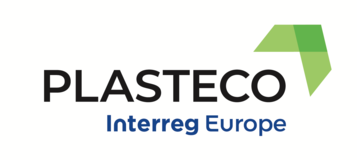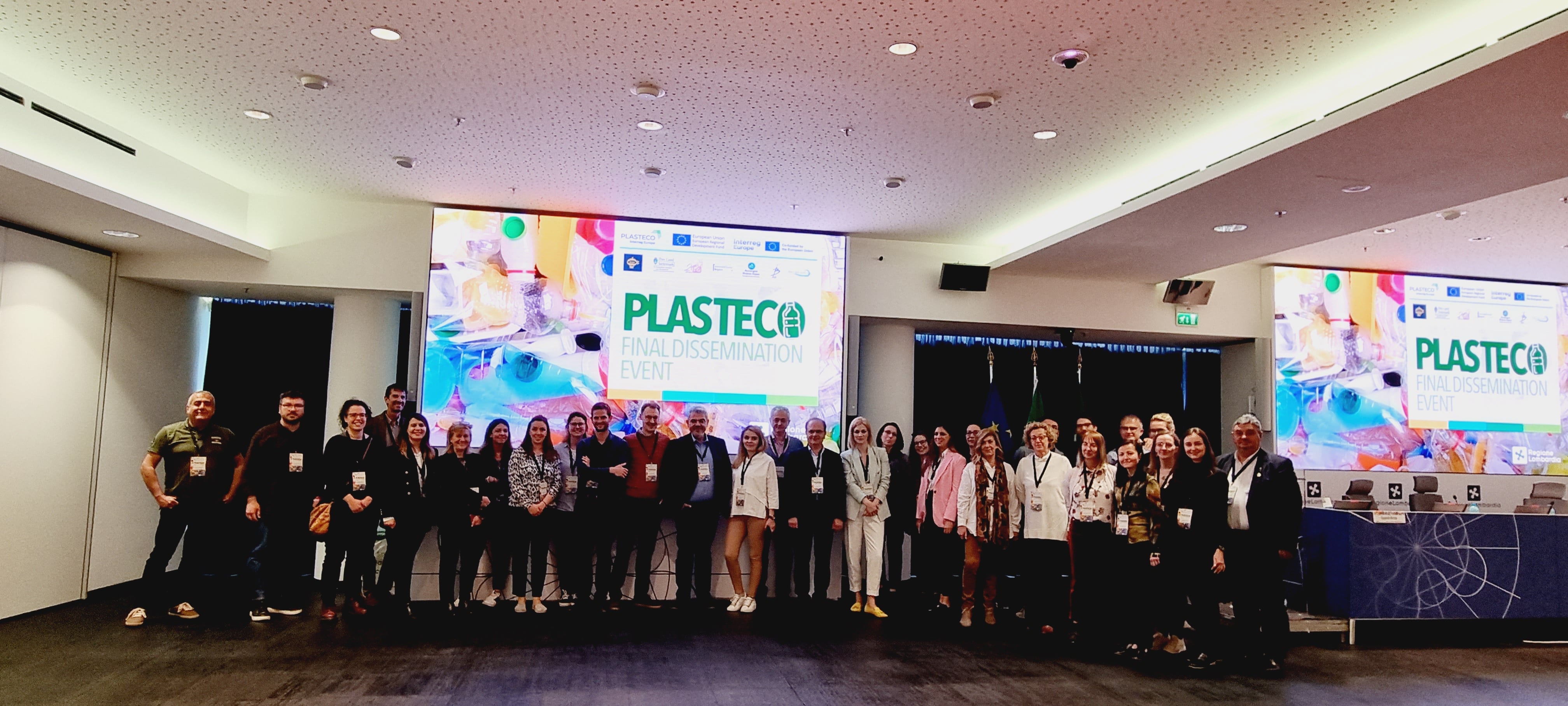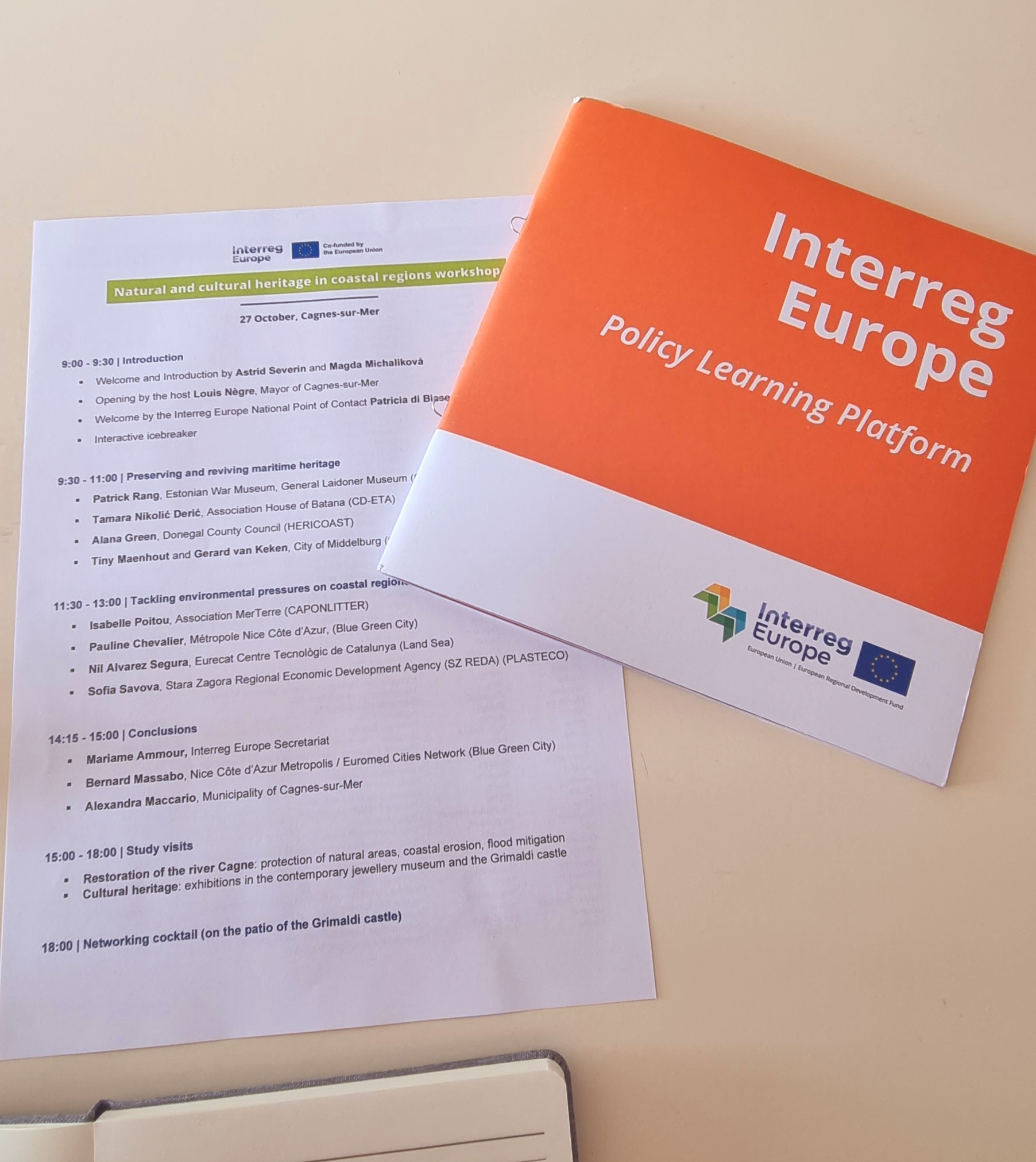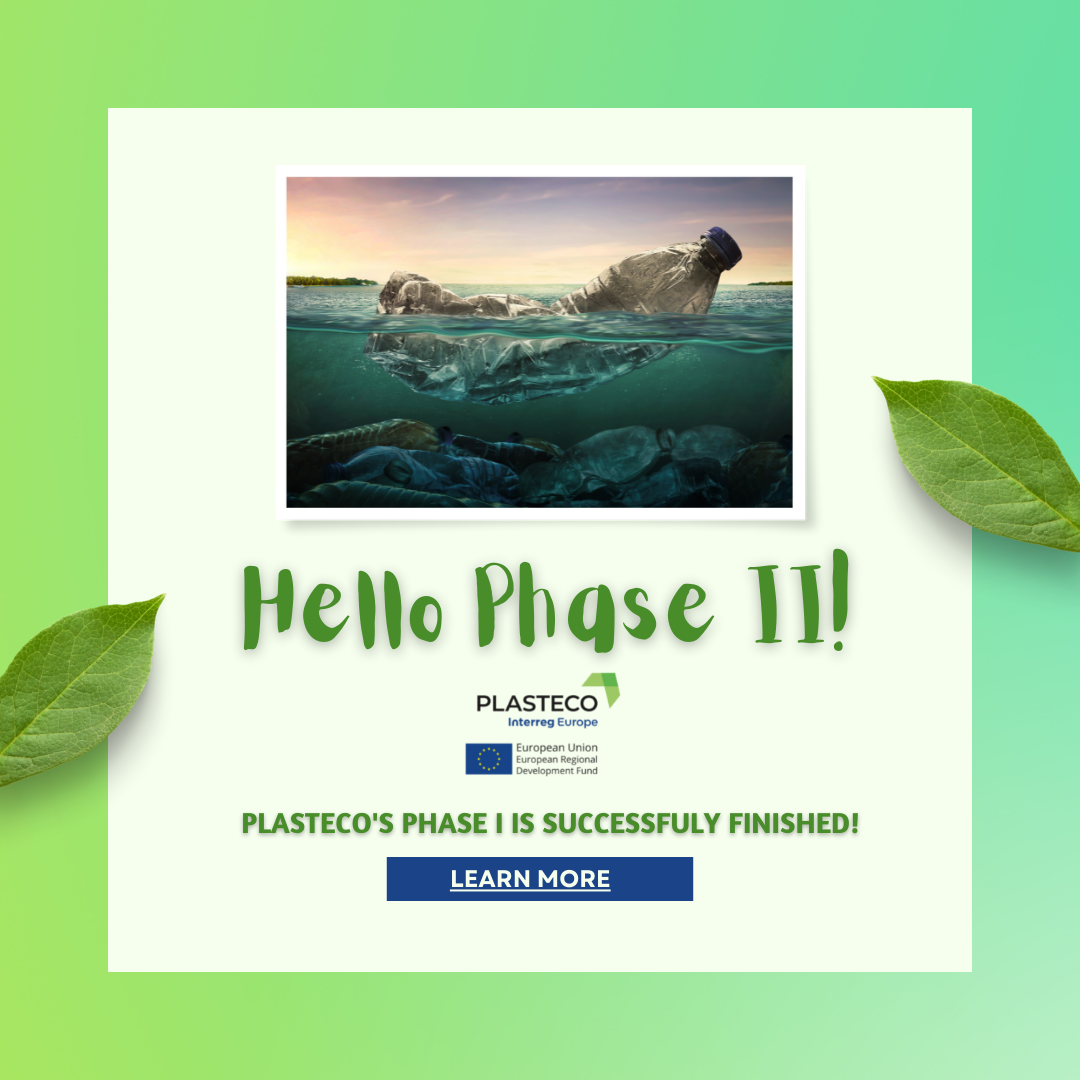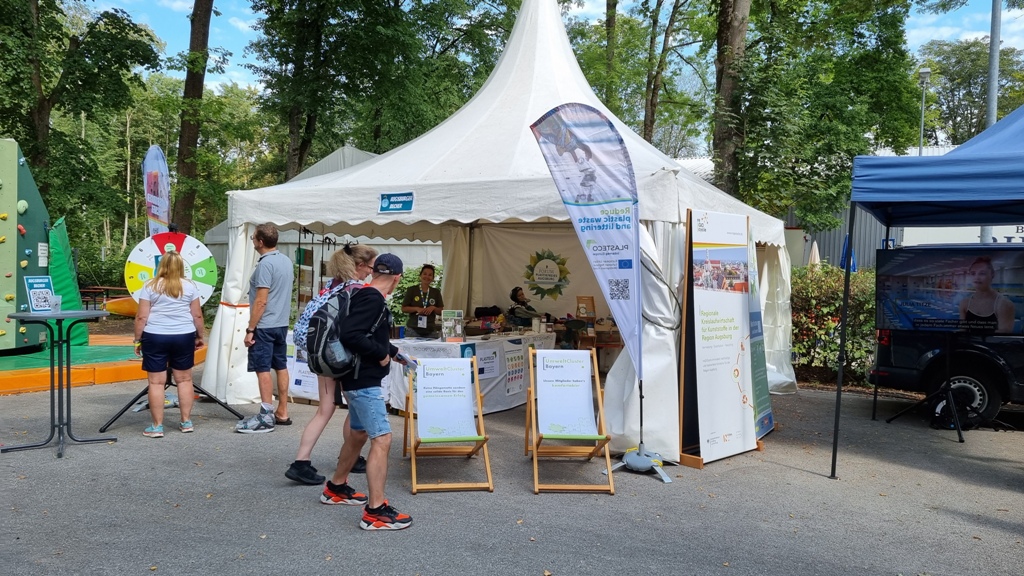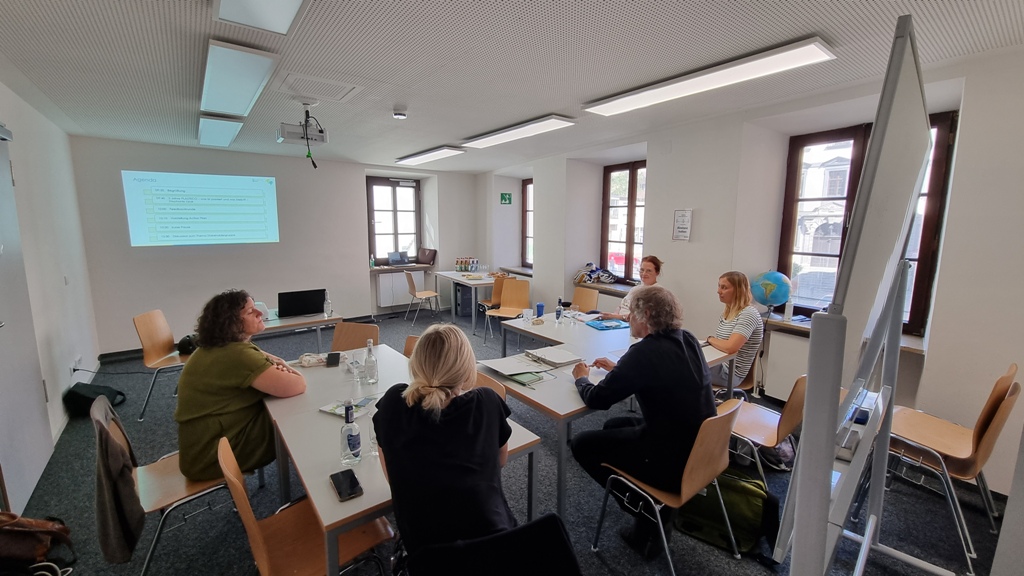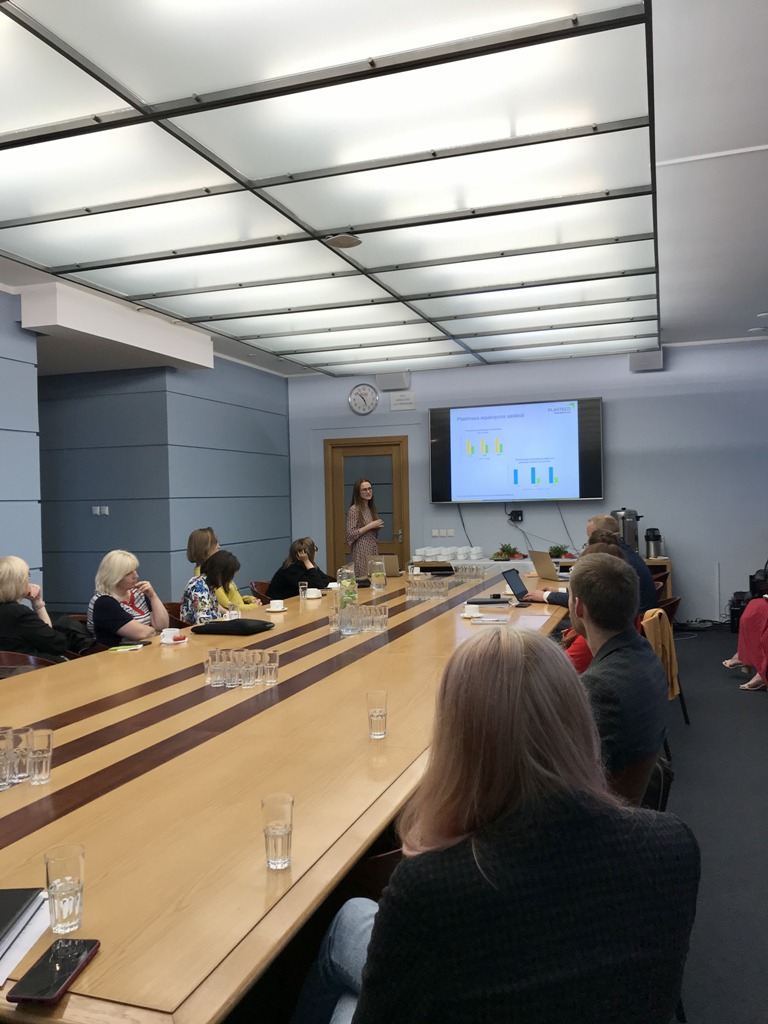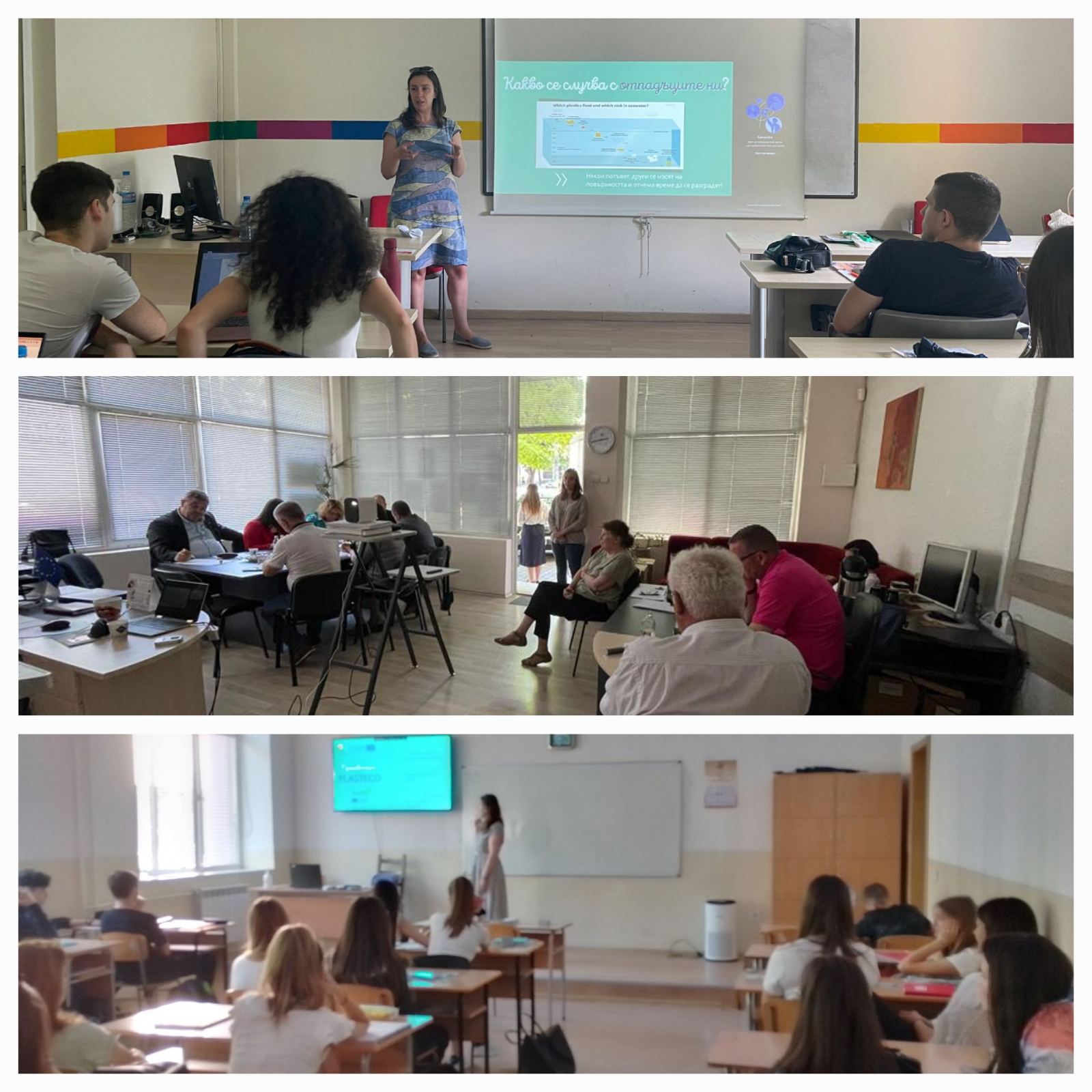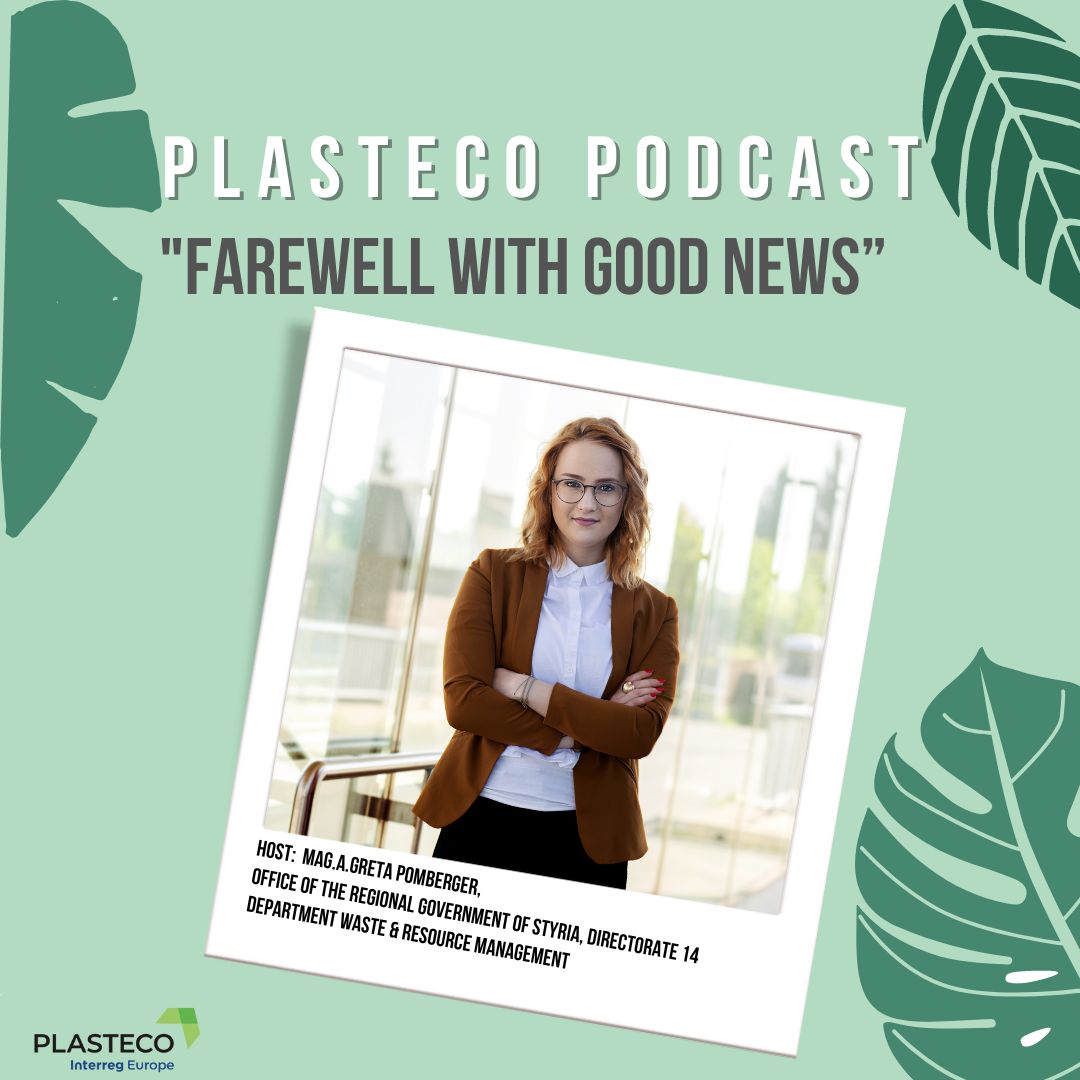Following the EU’s Directive on single-use plastics, Latvia is also restricting the sale of some single use plastics products starting from 3 July 2021. Manufacturers and retailers are already looking for alternatives. On April 27 2021, the Latvian company “Zaļā josta” organized a webinar featuring experts from the waste processing and materials industries, as well as governmental representatives and researchers. The key topics addressed were the upcoming ban on single use plastics, the current recycling practices and best practice examples for reducing plastic waste. An emphasis was put on implementing systems with reusable packaging, urging both the involvement of the consumers and retailers.
As currently only about a half of the plastic waste volume in Latvia can be recycled, a call for closer cooperation between the manufacturers, retailers, customers, and the waste processing companies was expressed by the waste management industry. This should be achieved to reduce the volume of plastic waste and avoid situations in which a type of packaging is produced and marketed with no concern about its disposal strategy.
New regulation on plastics production and sales will require the plastics manufacturers to take extra steps to comply, as illustrated by Mr. Marinecs from the plastics manufacturer “Multipack”. He mentioned that the new rules on labeling plastics will require adjusting their operations to include a step for printing the required labels and this may increase the price of their products.
The challenge of developing biological waste processing operations that can treat bioplastics and packaging that requires industrial compost was also mentioned. As the shift towards these alternatives takes place, the waste processing industry has yet to figure out how to identify the biodegradable packaging within the waste streams and avoid microplastics in the resulting compost.
„Zaļā josta” Ltd. is a Latvian company that cares for clean Latvia and responsible business activity by organizing the management of used packaging, disposable dishes and tableware, environmentally harmful products and electrical appliances thus providing an opportunity for their clients to obtain a 100% exemption from Natural Resources Tax as well as to ensure that waste generated by their economic activity is collected, recycled and goes into repeated circulation. The company also organizes environmentally educational activities.
